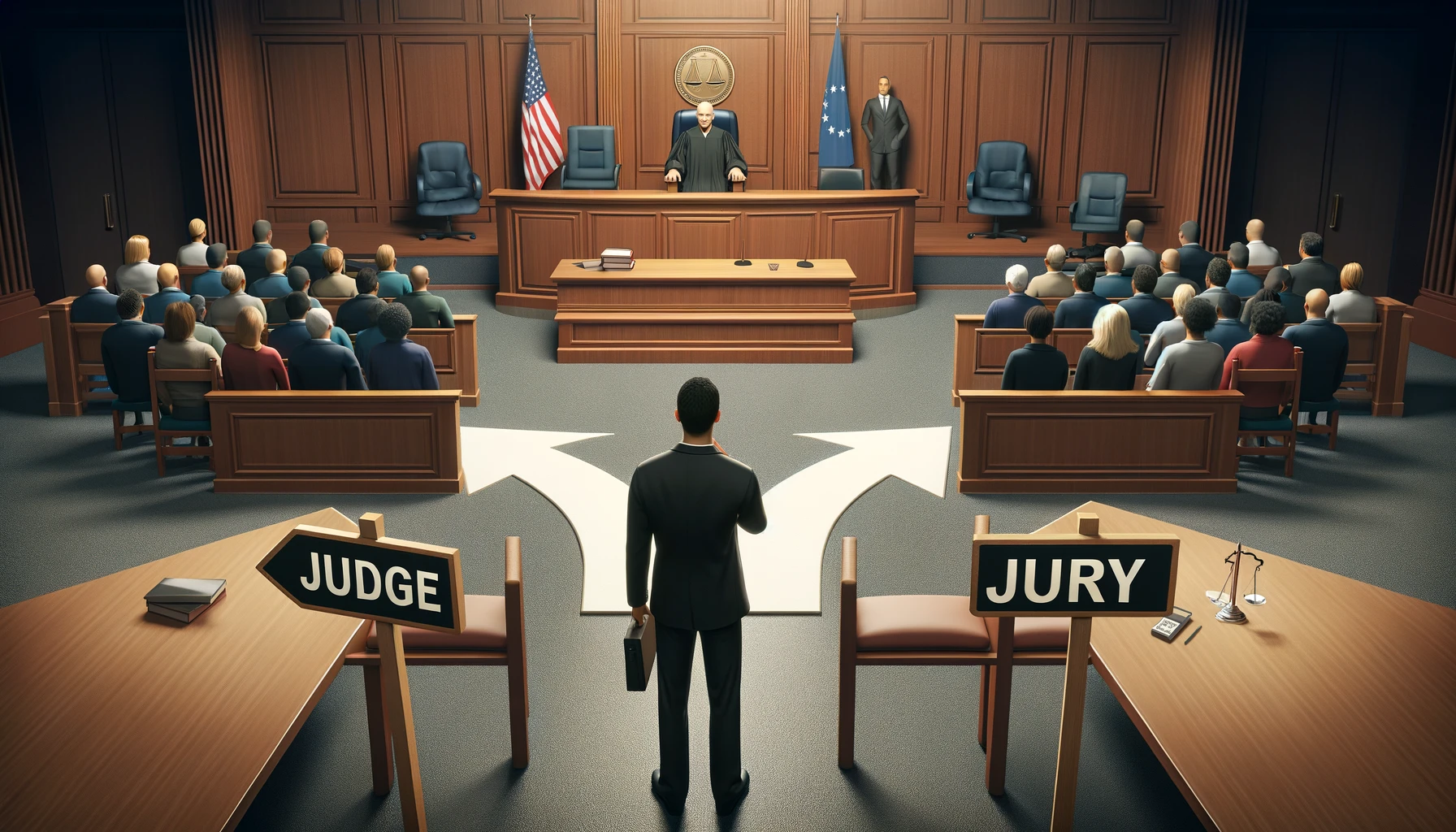Simons v. Medical Hyperbarics, Inc. reviews the need for a jury trial to determine the reasonableness and necessity of attorneys’ fees.
- Substance. “[CPRC] Section 38.001(b) permits the recovery of attorneys’ fees but does not dictate how to determine the attorneys’ fee amount, except that the award must be ‘reasonable.’ … When faced with a similar silent fee-shifting provision in [Transcon. Ins. Co. v.] Crump, the Supreme Court of Texas construed the statute as entitling the parties to have the jury determine the disputed issue of the reasonableness of the attorneys’ fees. … Similarly, because section 38.001(b) does not dictate the manner to determine the amount of attorneys’ fees, providing only that the award must be ‘reasonable,’ reasonableness remains a fact issue that a jury, upon proper request, may resolve.”
- Preservation. “Simons filed his request for a jury trial and paid his fee. He objected to the trial court considering the fee issue in his response to MHI’s application for fees and objected throughout the hearing on MHI’s application for fees. … Because Simons was entitled to a jury trial on attorneys’ fees as a matter of right, his timely request was presumptively reasonable and should have been granted.”
No. 05-23-00053-CV (March 16, 2024) (mem. op.) (emphasis added).
